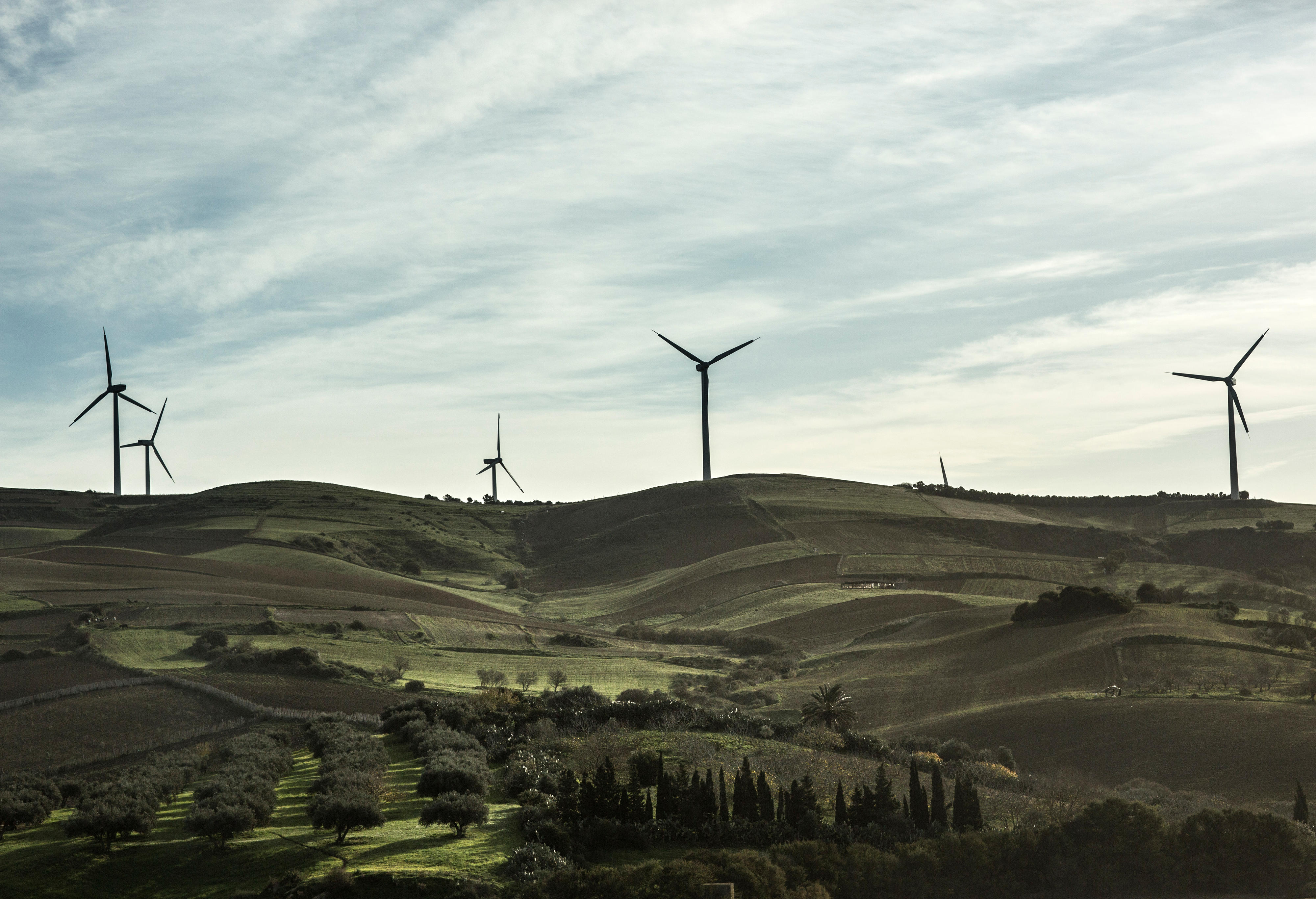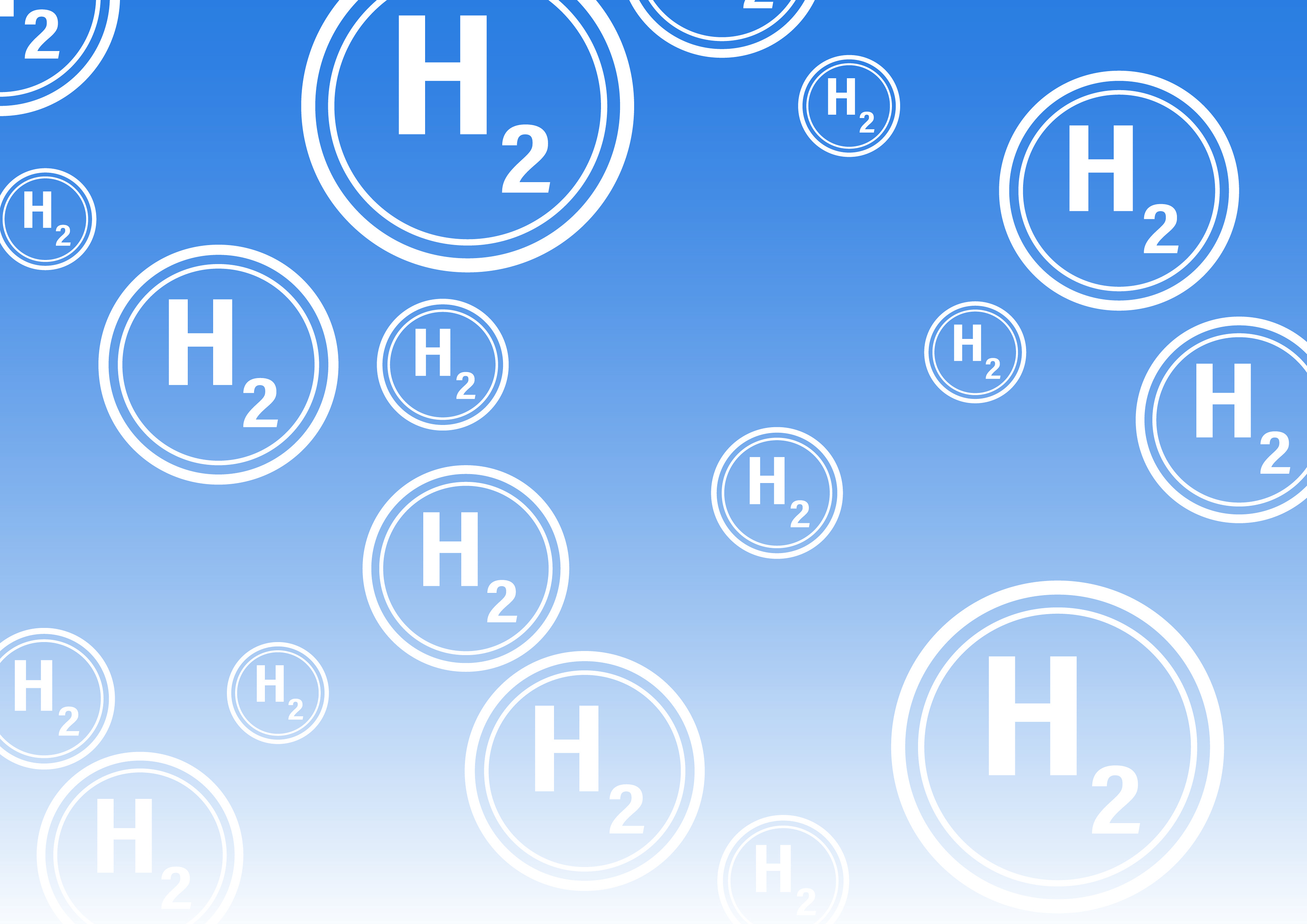Wind turbines in El Alia, Tunisia
Copyright© Ute Grabowsky/photothek.net
Core area “Climate and energy, just transition” Promoting renewable energies, launching an energy transition
Germany contributes funding to the construction of photovoltaic systems and wind farms and, through its development cooperation, offers technical advice on implementing the transformation of the energy system. It also assists with training experts, for instance technicians capable of installing photovoltaic systems, and supports approaches that seek to increase energy efficiency in public buildings.
Germany has provided support to 250 enterprises, making it possible for them to install more than 17,000 photovoltaic systems. These development cooperation activities are to help provide in excess of 350,000 households with electricity from renewable energies and to significantly reduce Tunisia's emissions of harmful Carbon dioxide
Green hydrogen as an important resource for the future
Energy will be playing a bigger role in future in Tunisian-German cooperation. The two countries intend to work together on the manufacture of what is known as green hydrogen and of climate-neutral fuels (“Power-to-X products”).
In December 2020, the BMZ and the Tunisian Ministry of Energy entered into an alliance in order to develop the Power-to-X sector in Tunisia and embark on joint pilot projects in that field.
As at: 15/04/2024

